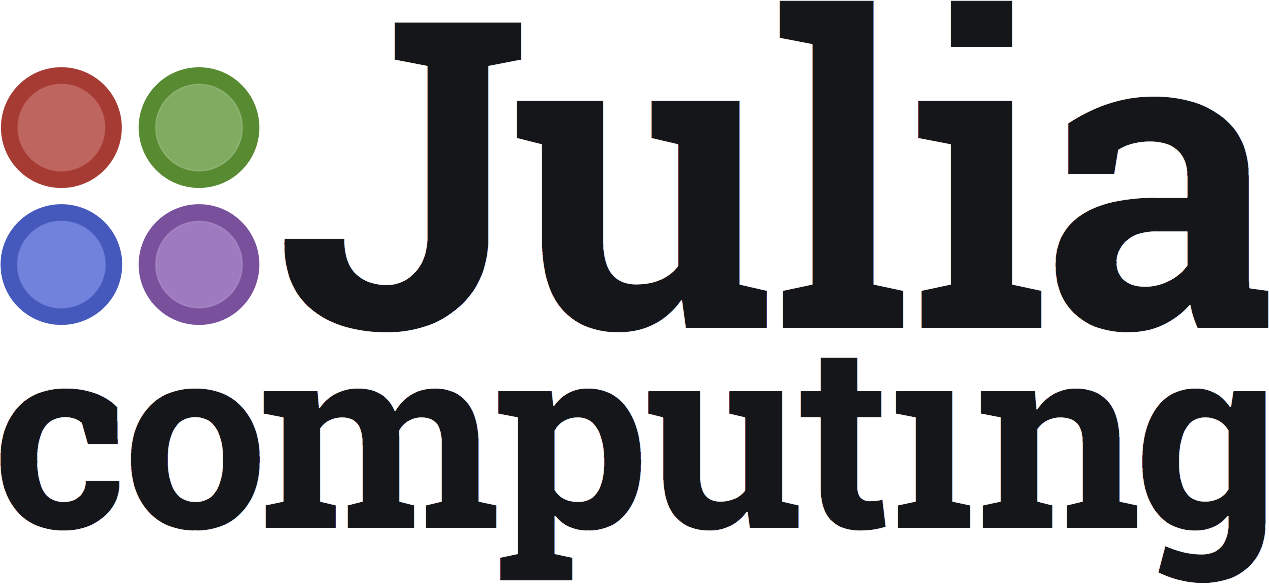Recently I had a conversation with a colleague who argues that Excel will die because he felt people are switching to other computing environments such as R.
While I agree there are more people who are using other computing languages such as R, I do not agree Excel will be out of fashion very soon. In fact, I predict Excel is here to stay – and alive and kicking while it is here! Here are two main reasons.
First of all, Excel is not going away anytime soon because managers today use Excel not only for analytics but also for communicating with each other – it is the only common platform which everyone knows how to use to share their quantitative thoughts and ideas on. As a result, there should always be demand for better skills in Excel.
Secondly, because of such pervasiveness and because of the fact Excel provides a standard interface to interact with other software packages, there will be solutions to bridge new computational softwares with Excel. Here is a new example. Julia Computing is fast becoming a popular open-source computation software. Some even predicted that it will be a Matlab- or Python-killer, because Julia is faster and more intuitive. One thing it will not kill, though, is Excel. In fact, Julia’s developers have already developed a working Excel plugin for Julia. Take a look at this video:
This points out a general truth: Instead of trying to replace Excel, more sophisticated software packages will just build a bridge to Excel so that both sides will have the best of both worlds: A common platform, and with more computational powers.
I am going to give Julia a try.

Leave a Reply
You must be logged in to post a comment.